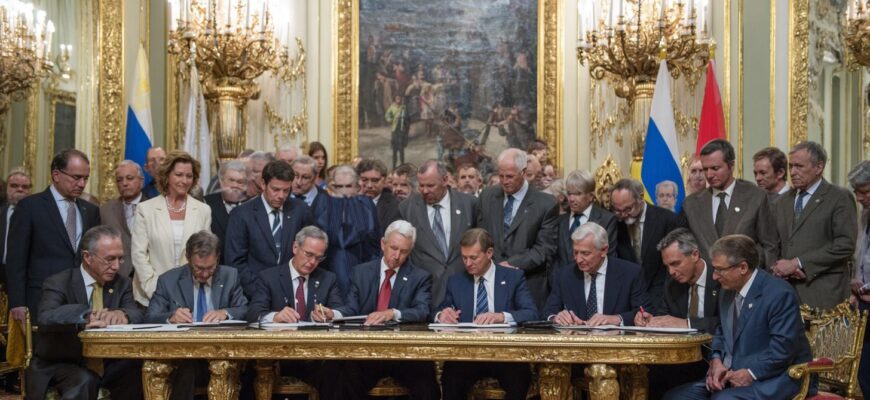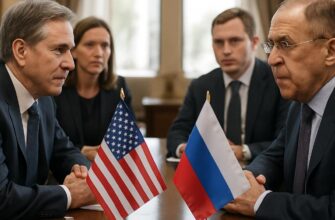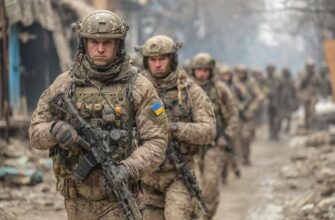When the phrase Coalition of the Willing appears in the headlines, it tends to conjure images of urgent diplomacy, fast-moving policy agreements, and a mix of hope and skepticism. Now imagine that same coalition, rallying not around a short-term mission but around a pledge that could shape the contours of postwar security: Ukraine security guarantees. This is not a distant abstraction for diplomats alone; it is a living policy conversation with consequences for citizens across Europe and beyond. As you read on, you’ll get a sense of how a new Coalition of the Willing is trying to turn promises into protections, how European support Ukraine efforts are being organized, how high-profile meetings like the Macron Zelensky summit feed into practical measures, and what a secure, reconstructed postwar Europe might look like.
- Why Ukraine Security Guarantees Matter—Beyond the Diplomatic Soundbite
- What the Coalition of the Willing Looks Like in Practice
- Key Components of Credible Ukraine Security Guarantees
- Who’s in the Coalition of the Willing and Why It Matters
- What the Macron Zelensky Summit Signaled
- Concrete Commitments: What the Coalition Could Offer
- Who Might Resist and Why
- How European Support Ukraine Is Being Organized
- Reconstructing Cities and Civil Life
- Security Guarantees and NATO: A Complement, Not a Replacement
- What Postwar Europe Could Look Like
- Practical Steps the Coalition of the Willing Should Take Now
- Measuring Success
- Public Opinion and the Politics of Sustained Support
- Conclusion
Why Ukraine Security Guarantees Matter—Beyond the Diplomatic Soundbite
It’s easy to shrug off phrases such as “security guarantees” if they sound vague or theoretical. But think about what people actually mean when they demand guarantees: the ability to live without fear of renewed aggression, functioning institutions that deter violent incursions, reliable air defenses, secure borders, and a clear pathway to political and economic stability. Ukraine security guarantees aim to provide a package of commitments—from military training and intelligence sharing to economic support and reconstruction assistance—that would reduce the risk of future attacks and enable Ukraine to thrive independently.
Guarantees are not magic. They are a set of policies, legal frameworks, and mutual expectations that require real investments and long-term engagement. The Coalition of the Willing is emerging as a flexible vehicle for countries that may not be ready to offer full NATO membership but are willing to make credible commitments—short of collective defense under Article 5—that raise the cost to any adversary considering a new attack.
What the Coalition of the Willing Looks Like in Practice
Picture a group of countries from different corners of the globe—certain NATO members, EU states, and partners from Asia and the Americas—agreeing to a series of actions aimed at ensuring Ukrainian security. These actions could include long-term air defense capabilities, anti-ship and coastal defense systems, intelligence sharing hubs, legal guarantees about sovereignty and territorial integrity, economic sanctions frameworks that snap back if aggression resumes, and substantial reconstruction packages tied to governance reforms. The Coalition of the Willing can be more nimble than large multilateral bodies because it can act without seeking unanimity from dozens of states, yet it must still maintain high levels of credibility.
Key Components of Credible Ukraine Security Guarantees
There are several building blocks that make guarantees effective rather than symbolic. Below is a clean layout of the most important elements:
- Military deterrence: modern air defenses, anti-armor systems, and training that enable Ukraine to resist aggression.
- Intelligence and surveillance: shared data and early-warning mechanisms to prevent surprise attacks.
- Legal and diplomatic assurances: binding treaties or memorandums that clearly delineate rights and responsibilities.
- Economic resilience: sustained financial aid, investment plans, and energy security arrangements to reduce vulnerability.
- Political integration pathways: timelines and benchmarks for Euro-Atlantic integration if desired by Ukraine.
- Reconstruction and rule-of-law programs: transparent funding mechanisms for rebuilding and anti-corruption safeguards.
Who’s in the Coalition of the Willing and Why It Matters
The name itself—Coalition of the Willing—implies voluntary participation. In this context, the coalition is likely to include core NATO members, key EU states, and non-Western partners that have strategic or moral interest in stability. Countries on the frontlines of Russia’s neighborhood—Poland, the Baltic states, Romania—have clear security incentives to participate. Major powers with global reach, including the United States and the United Kingdom, bring logistical and military heft. Important EU players like Germany and France will be decisive, not just for their material contributions but also for political legitimacy.
European support Ukraine, in other words, should not be reduced to one-dimensional aid packages. European support Ukraine is evolving into an integrated policy that combines defense, diplomacy, economic resilience, and long-term political alignment. The dynamics among EU members will shape how wide or narrow the Coalition of the Willing becomes—and the Macron Zelensky summit serves as a good recent example of how individual high-level meetings can accelerate commitment-building.
What the Macron Zelensky Summit Signaled
The Macron Zelensky summit was not just another bilateral meeting: it became a focal point where ideas about security guarantees, reconstruction, and Ukraine’s place in Europe converged. When France and Ukraine meet at the highest levels, several signals are sent simultaneously—support for Ukraine’s sovereignty, willingness to explore novel security arrangements, and the prospect of France playing a leading role in shaping postwar Europe. The summit didn’t finalize every detail, but it contributed momentum to the Coalition of the Willing by identifying areas of common interest and practical steps forward.
Concrete Commitments: What the Coalition Could Offer
Promises must translate into concrete, operational commitments. Below is a sample table that outlines potential forms such guarantees could take and which actors could logically contribute. This table is illustrative; the actual arrangements would be negotiated and adapted over time.
| Type of Guarantee | Possible Contributors | Expected Impact |
|---|---|---|
| Long-term air defense deployment | United States, Germany, UK, Poland | Reduce airstrike vulnerability; deterrence against aerial aggression |
| Intelligence-sharing hub | US, EU intelligence services, UK, NATO partners | Early-warning, disruption of offensive planning |
| Economic resilience package | EU institutions, IMF, coalition member states | Stabilize currency, energy supply, and public finances |
| Legal assurance document | Coalition signatories, possibly backed by UN observer status | Political and legal clarity; deterrent signaling |
| Reconstruction and anti-corruption fund | EU, donor states, private investors | Transparent rebuilding of infrastructure and institutions |
Who Might Resist and Why
No policy of this scale will be universally popular. Some countries will resist because they fear provoking escalation with Russia or because they prefer a solely EU-centric approach. Domestic politics will matter: governments must convince their citizens that spending on foreign security is worth it, especially in difficult economic times. There is also skepticism among some analysts who worry that ad-hoc coalitions may lack legal permanence or the institutional muscle to deliver on complex, long-term promises. Still, practical politics often creates hybrid solutions—semi-formal agreements with robust monitoring and enforcement mechanisms.
How European Support Ukraine Is Being Organized
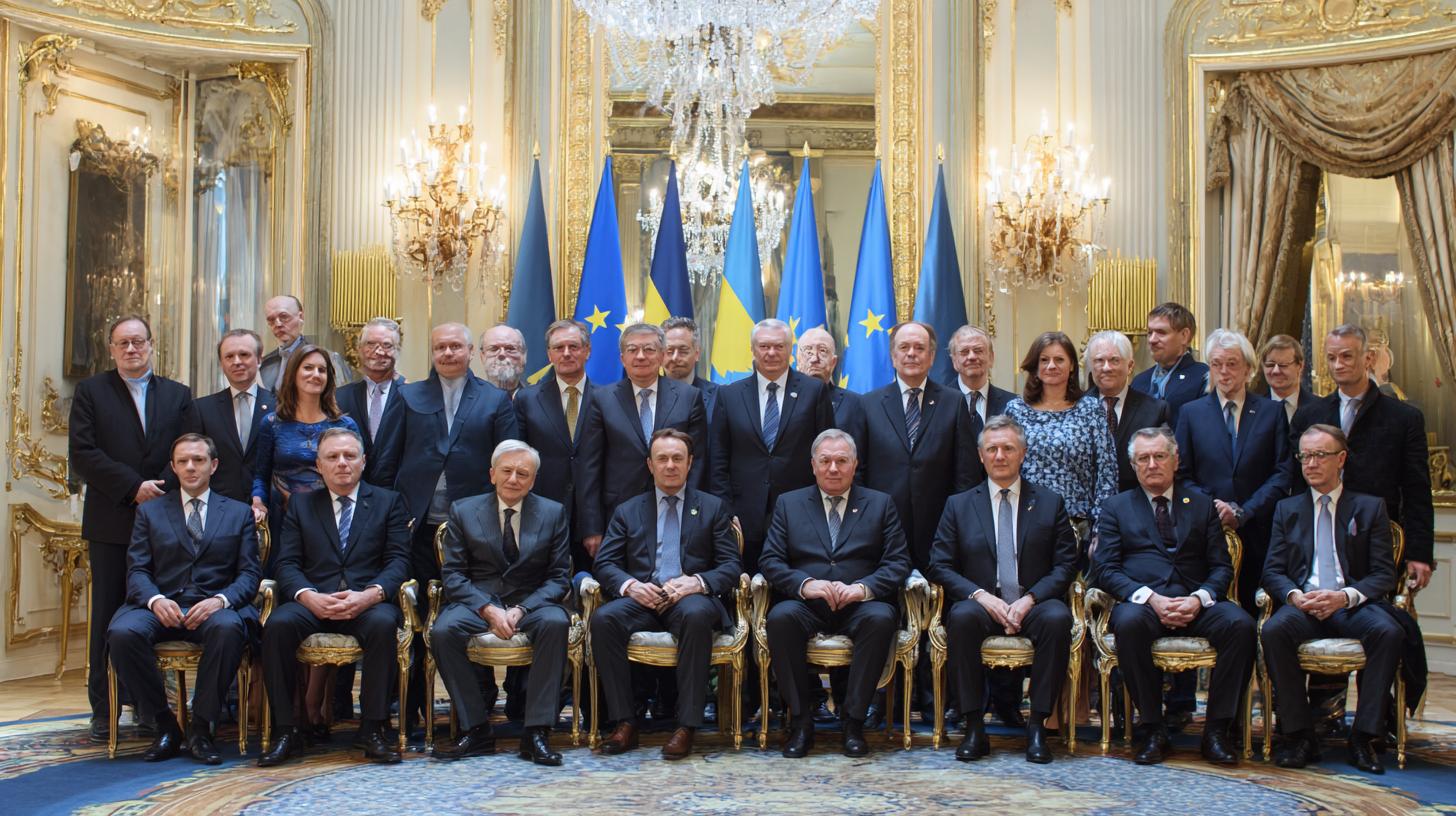
European support Ukraine is taking multiple forms and coming from a range of institutions: EU budget lines, bilateral government aid, private sector investment, and non-governmental assistance. The EU has been exploring mechanisms that combine immediate humanitarian relief with heavier investments in infrastructure and industry. These measures aim to ensure that recovery is sustainable and that Ukraine will be less dependent on external aid over time.
A key aspect of European support Ukraine is aligning conditionality with capacity-building. Funding tied to judicial reform, anti-corruption measures, and market liberalization can improve governance and attract private capital. But this must be balanced against urgency: victims of conflict cannot wait years for bureaucratic boxes to be ticked. The Coalition of the Willing could help by pooling resources and aligning conditionalities, thereby reducing fragmentation and doubling down on effectiveness.
Reconstructing Cities and Civil Life
Reconstruction will be both physical and social. Rebuilding destroy ed cities requires heavy engineering work, but rebuilding trust in institutions requires legal reform, transparent procurement, and inclusive political processes. A coordinated approach involving EU reconstruction funds, a Coalition of the Willing special reconstruction vehicle, and private investment can accelerate recovery. Practical steps include restoring energy networks, rebuilding schools and hospitals, and implementing digital systems that reduce opportunities for corruption.
Security Guarantees and NATO: A Complement, Not a Replacement
For many, the question is whether security guarantees represent an alternative to NATO membership. The straightforward answer is no; in most scenarios, these guarantees are complementary. NATO provides collective defense under Article 5, but accession is a political and technical process. Ukraine’s desire for Euro-Atlantic integration is clear, but bridging the gap between the present reality and eventual membership requires interim measures. The Coalition of the Willing can fill that space with operational deterrents and political backing, while NATO and the EU work on long-term integration pathways.
That said, the line between temporary guarantees and permanent security commitments must be carefully managed. If guarantees are credible and durable, they can significantly reduce the likelihood of future aggression regardless of formal membership status. The practical value comes from predictability and the willingness of partners to follow through under stress.
What Postwar Europe Could Look Like
postwar Europe is not a neat roadmap but a set of aspirations: restored borders, reinvigorated democracies, rebuilt economies, and a security architecture that prevents future large-scale conflict. In a best-case scenario, Ukraine emerges as a more resilient, prosperous partner in a Europe that has learned painful lessons about deterrence and interdependence. In that outcome, the Coalition of the Willing transitions from emergency provider to a longer-term support network that helps normalize Ukraine’s role in European institutions and markets.
There are risks, of course. Fragmented approaches could leave gaps that prefigure fresh instability. If promises are broken or support dries up prematurely, that would undermine trust and leave Ukraine exposed. The shape of postwar Europe will depend on political will, resource allocation, and the quality of international institutions that manage reconstruction and security guarantees.
Practical Steps the Coalition of the Willing Should Take Now
Actionability distinguishes credible plans from wishful thinking. Here are practical steps that a Coalition of the Willing could adopt in the near term to make Ukraine security guarantees more than words:
- Establish a formal platform for coordination with clear lines of responsibility and financing mechanisms.
- Commit to staged deployments of air defense and force multipliers tied to performance indicators.
- Create an intelligence-sharing mechanism with legal protections and oversight.
- Launch a transparent reconstruction fund with anti-corruption safeguards and private-sector partnerships.
- Negotiate a legal framework for guarantees that includes enforcement clauses and automatic triggers for collective measures.
- Support civic and institutional reforms in Ukraine to ensure long-term resilience.
Measuring Success
How will we know if Ukraine security guarantees are working? Metrics matter. Success should be measured against reductions in cross-border incidents, improvements in civilian protection, economic stabilization indicators, progress on governance and anti-corruption benchmarks, and, ultimately, Ukraine’s ability to function as a sovereign, peaceful actor in Europe. Regular third-party audits and transparent reporting will be essential to maintain public trust among coalition members and citizens alike.
Public Opinion and the Politics of Sustained Support
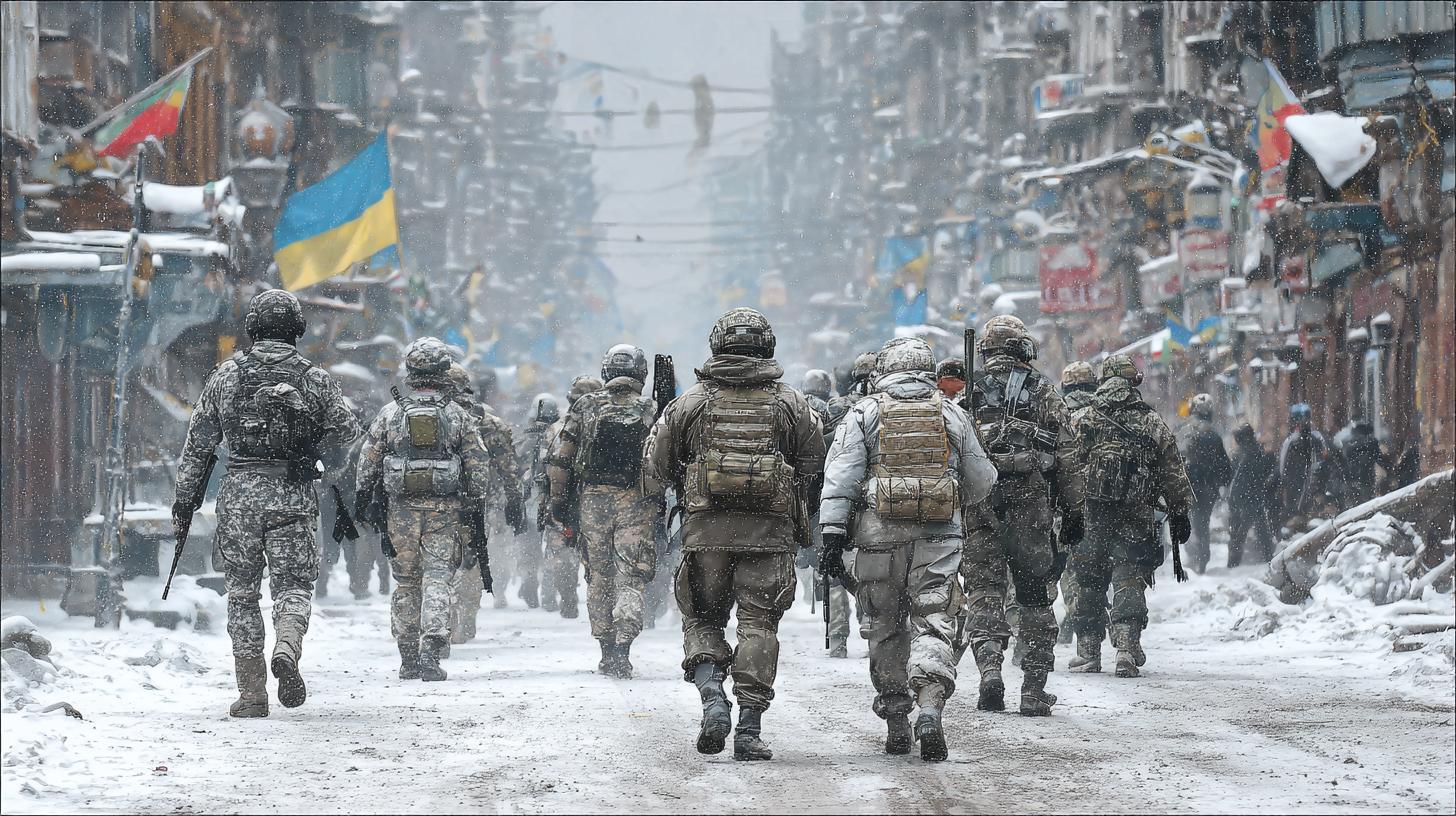
Any long-term effort depends on sustained public support. Leaders who want to keep commitments alive must speak plainly about the stakes: a secure, stable Europe reduces the risk of wider wars and preserves a rules-based international order that benefits trade and prosperity. Communication strategies should highlight tangible benefits—jobs created by reconstruction, enhanced energy security, and strengthened defense partnerships—so publics understand that backing Ukraine’s security is not charity but strategic investment.
Moreover, civil society and media have a role in holding governments accountable for the quality and continuity of commitments. The Coalition of the Willing must be seen as both politically responsible and operationally effective to retain public legitimacy.
Conclusion
Building Ukraine security guarantees through a Coalition of the Willing is a realistic and necessary way to fill the gap between immediate military needs and long-term Euro-Atlantic integration. It requires clear commitments, practical measures, and an honest conversation about costs and benefits. European support Ukraine is already evolving into a multifaceted strategy that combines defense, economic resilience, and institutional reform, and the Macron Zelensky summit illustrated how diplomatic momentum can be translated into concrete action. The stakes are high: the shape of postwar Europe—and the security of millions—depends on whether governments can turn pledges into durable protections. If done well, a coalition-based approach can make Ukraine safer, make Europe more stable, and demonstrate an effective model for collective security in an uncertain world.
Interested in deeper analysis and ongoing coverage about Ukraine, security policy, and European affairs? Visit https://themors.com/ to explore more articles, reports, and expert commentary that dig into the details and implications of these crucial developments.

